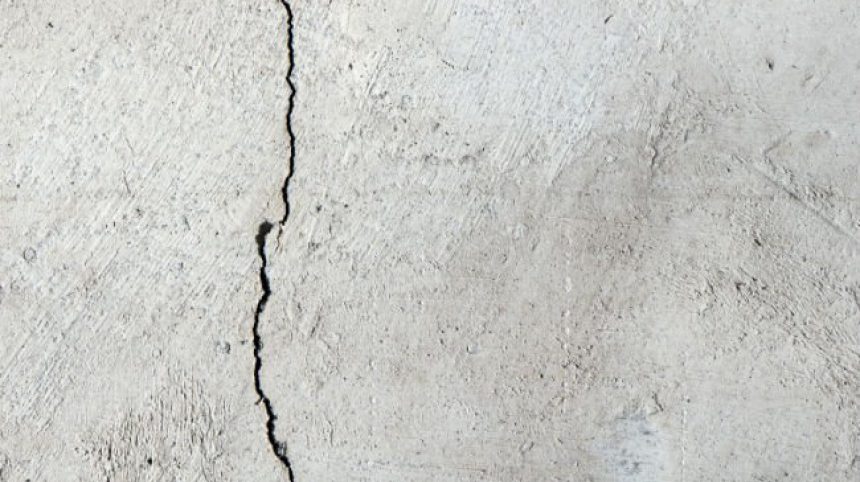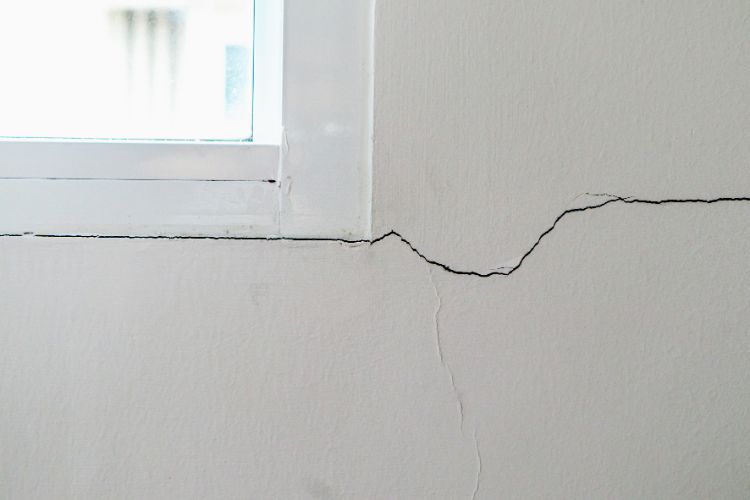Foundation cracks that run sideways horizontally are the most serious type of crack to look out for as they can signal serious damage to your home s foundation and structural integrity.
Spider cracks in concrete walls.
Study the direction of the crack to determine its seriousness.
If you have a concrete driveway patio walkway or any other concrete structure with minor surface cracks one of the best ways to repair these cracks is to fill them in with concrete repair caulk.
If the contractor was able to do it the right way the cracks would remain to be unnoticeable.
This is the first and foremost step in the repair of hairline cracks in the concrete.
Sometimes these cracks have a v shape less frequent with the top of the crack looking larger and the crack getting smaller as it travels towards to floor and diminishing or stopping before reaching the bottom of the foundation wall.
While these cracks are sometimes seen in homes with poured concrete foundations they are most common in homes with concrete block or brick foundations.
Although this will repair the crack the caulk will not match the color of the concrete and will be visible when cured.
Crazing cracks are very fine surface cracks that resemble spider webs or shattered glass.
The stamping process is the process of giving a certain texture to the concrete.
The steps involved in the repair of hairline cracks in concrete are as follows.
This is the case especially if the cure is just setting in.
Concrete cracks caused by premature drying.
There are different causes why these cracks appear.
When the top of a concrete slab loses moisture too quickly crazing cracks will likely appear.
It develops in the early stage of fresh concrete and is rarely more than 3 mm deep.
Crazing cracks are the type of cracks that appear as fine lines and mostly resemble a web of spider.
There are two common types of cracks brought on by premature drying.
If a vertical crack widens at the top or bottom the wall is either settling or gradually heaving which may present serious issues.
One of the most common is the tendency of the concrete to shrink by the time the water starts to evaporate.
These types of cracks are most likely visible after curing the area.
Vertical and diagonal cracks in concrete walls typically indicate foundation movement.
We would like to show you a description here but the site won t allow us.
On the other hand crusting cracks are the type of cracks that occur due to the stamping process.
Typically a continuous hexagonal shape on the concrete surface that looks like a spider web is known as crazing.


/cdn.vox-cdn.com/uploads/chorus_image/image/65889348/iStock_1080117518.8.jpg)

























